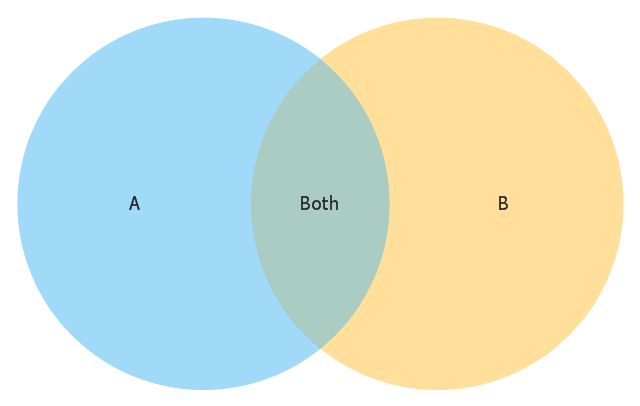Deciding you want to be your own boss is one thing. Deciding how to go about it is another. Some of my clients know right away that they want to be franchise owners, but others come to me for help weighing their options. Usually, when someone hasn’t made up their mind, it’s because they’re trying to choose between franchise ownership and traditional entrepreneurship.
The two options have clear differences. But they also have some important similarities. To make the best choice, you should understand both.
Franchise Ownership and Traditional Entrepreneurship: How They’re Similar
Both franchise ownership and traditional entrepreneurship are forms of self-employment. This means that, regardless of which option you choose, you’re most likely to succeed if you have:
- A self-motivated personality, strong work ethic, and persevering mindset
- Prior business or leadership experience
- A clear business plan and vision to keep yourself on track long-term
- Clear and measurable goals to serve as milestones and motivators
- A nest egg or second income to pay your bills until you can pay yourself a salary
- A cash cushion to provide runway for your business
- Family and friends who will support you
- A network of mentors or advisors to help you make smart decisions
In both cases, you’ll also be responsible for all the financial obligations of self-employment. I’m not talking about your business’s financial obligations–those are a given. I’m talking about personal financial obligations, which many first-time business owners often don’t think of.
First and foremost, these obligations include generating your own income–you’ll no longer receive a regular paycheck just for showing up. Self-employed individuals are also responsible for the payroll (Medicare and Social Security) taxes normally covered by an employer, plus normal income tax. And you’ll have to obtain your own health insurance, disability, and retirement benefits (or have a spouse whose job provides them).
Franchise Ownership and Traditional Entrepreneurship: How They Differ
Despite their similarities, franchise ownership and traditional entrepreneurship differ in some key ways. First, franchise ownership always requires a significant up-front investment. Plenty of traditional entrepreneurs start from nothing and get their businesses off the ground with a lot of “sweat equity” and minimal cash. Franchisees, however, always have to pay some kind of licensing fee to the franchisor in order to open a business. Some franchisors charge a larger up-front fee than others, but the minimum is usually in the neighborhood of $50,000 and can reach over $1 million.
This may sound like a mark against franchising, until you consider what the fee is for. When you license a franchise, you’re not just paying for the right to use the name. You’re also paying for access to a fully developed business system and a built-in support network of corporate staff and fellow owners. As someone who was raised by traditional entrepreneurs, has worked as an executive in other people’s startups, and has owned franchises, I can say with complete confidence that a franchise business system shaves considerable time off your ramp-up period.
With the business system, the franchisor has already figured out for you what works and doesn’t work, so you can focus on the former and skip the latter. And the franchise network provides colleagues and support staff who can help you overcome challenges and celebrate your wins. Especially for someone with limited business experience, both benefits can radically increase the odds of entrepreneurial success.
Obviously, I believe that franchising is the way to go–it’s the path I chose for myself, and I loved it so much that I now help other people become successful franchisees. But I also realize that franchising isn’t the right choice for everyone. I’m very honest with my clients about whether I think it will work for them. If you want to have a straightforward conversation about what fits your lifestyle, goals, and resources, book some time on my calendar. I’m here to help!

Comments are closed